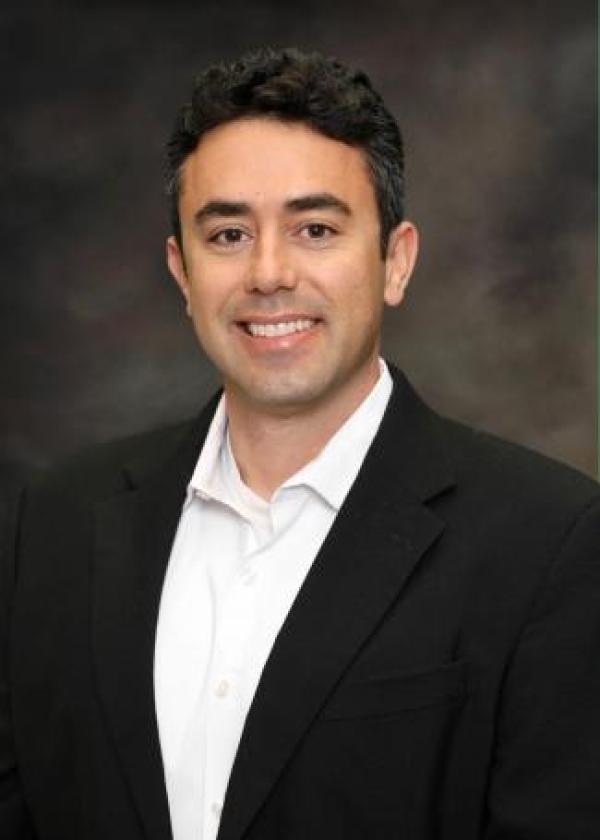
This semester, the INTS 4990 Capstone course is being taught by the INTS Program Director, Dr. Hamilton Bean, who is eager to work with students on their semester-long Capstone projects. Dr. Bean has consulted for the U.S. Department of Agriculture, U.S. Department of Defense, U.S. Department of State, U.S. National Oceanic and Atmospheric Administration, the Ministry of Education of the United Arab Emirates, and the United Nations. He served as a Guest Researcher (2019) and Visiting Professor (2021) at Kyoto University’s Disaster Prevention Research Institute (DPRI) in Japan.
The Capstone course is designed to be the INTS program’s culminating experience where students meld their interdisciplinary learning into an integrated whole to demonstrate academic understanding, practice professional application, and cultivate shared bonds. The Capstone course is structured around three themes:
Theory - Practice Global - Local Individual - Group
To meld Theory -Practice, students conduct an academic literature review and interview at least one practitioner in a particular subject matter area. To meld Global - Local, students identify international institutions working in a subject matter area and engage with a local organization working in that area (i.e., World Denver, Catholic Charities of Denver, The CELL, German-Marshall Fund, Japan America Society, etc.). To meld Individual - Group, students produce individual Capstone projects and work with other students during class activities.
Learning Outcomes: The course mirrors and achieves the INTS program’s four Learning Outcomes:
1. Global Analysis – Program graduates will be able to demonstrate high quality analytical approaches to assess the relationships and interdependencies among geographical areas, institutions, and actors.
2. Interdisciplinary Approaches – Program graduates will be able to apply theoretical and methodological tools from multiple disciplines to analyze issues and debates of international significance.
3. Influential Trends – Program graduates will be able to assess the influence of past and/or contemporary trends on global developments.
4. Critical Thinking – Program graduates will be able to evaluate assumptions and evidence in order to formulate and deconstruct arguments.
